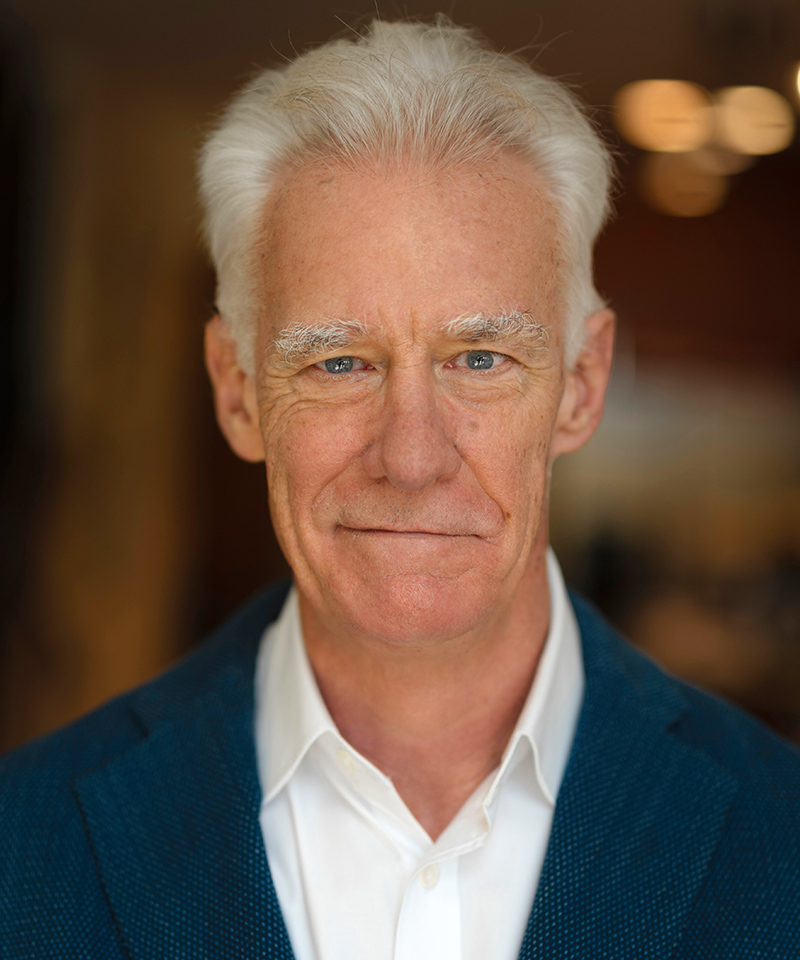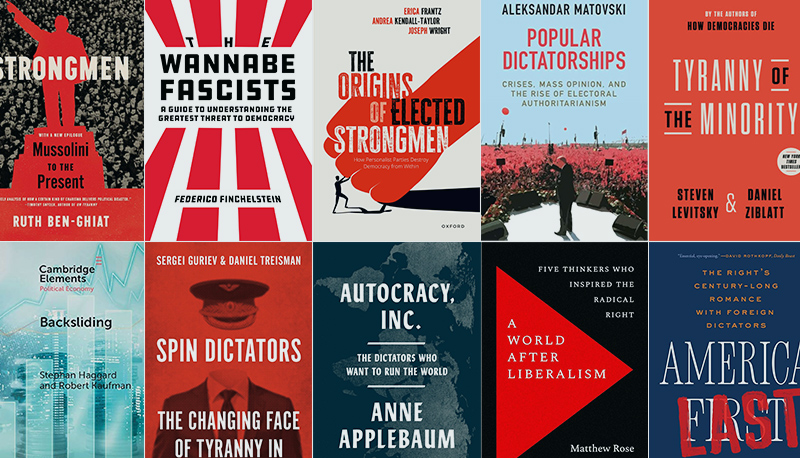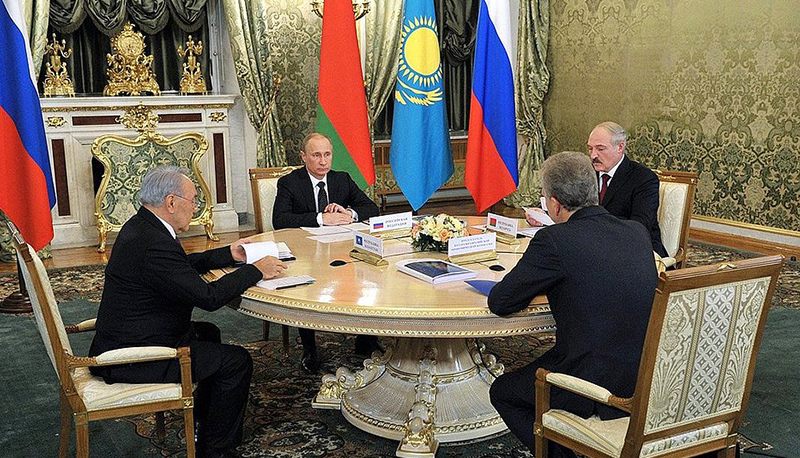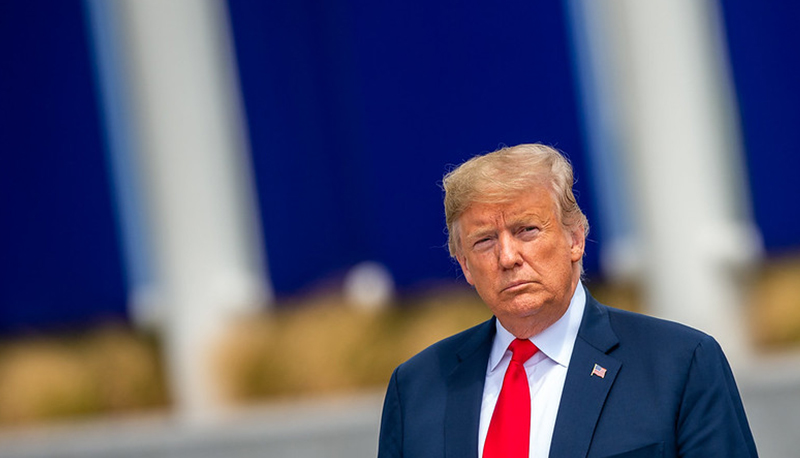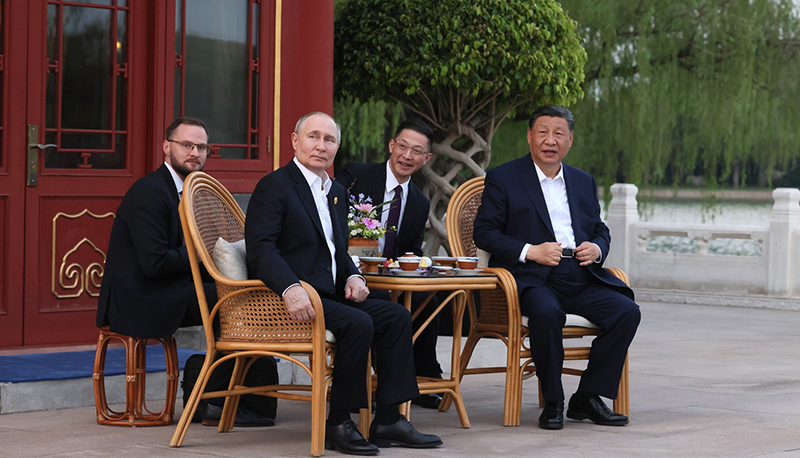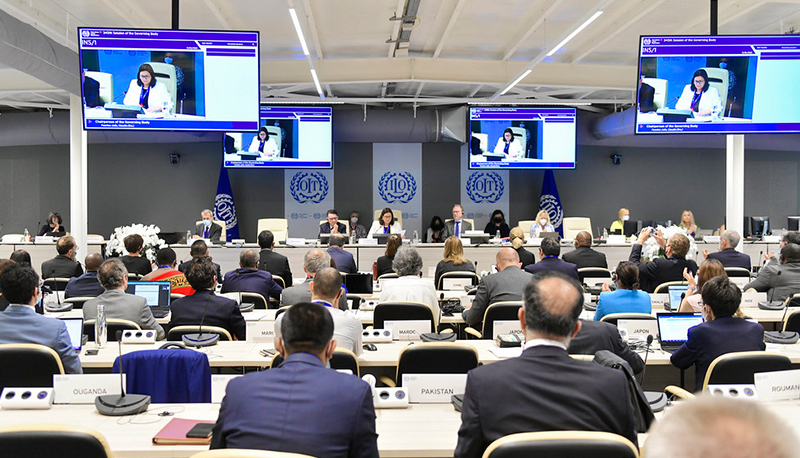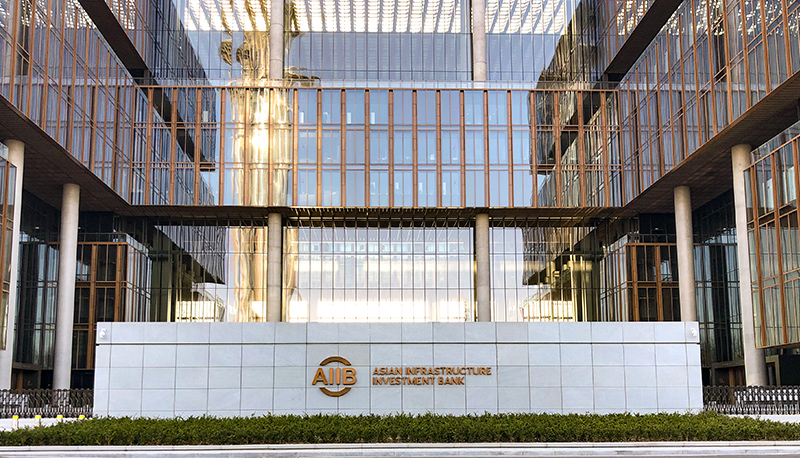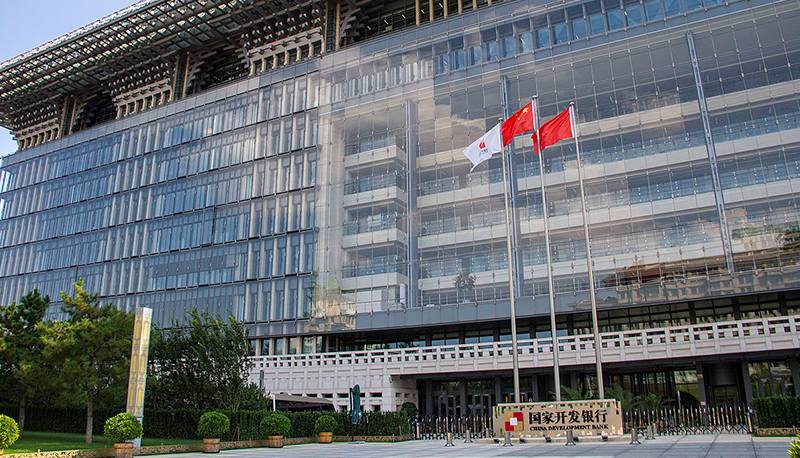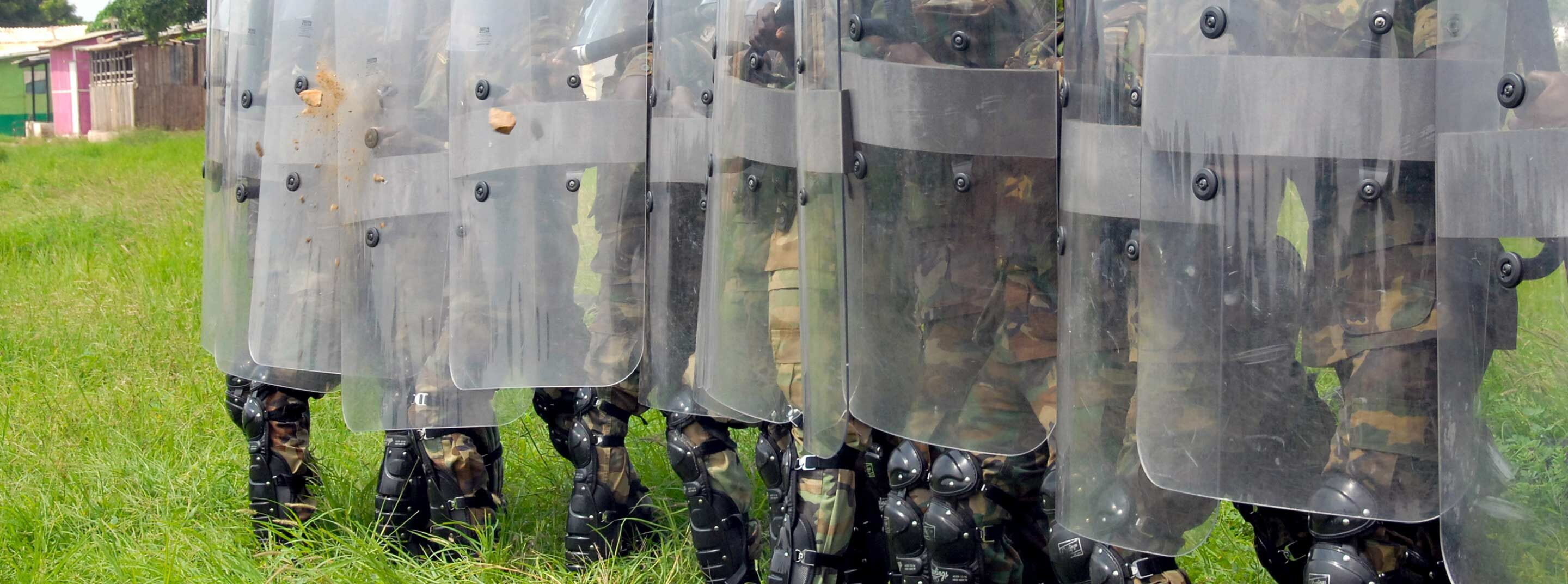
Illiberal Regimes and Global Governance
The rise of illiberal regimes is reshaping global and regional organizations and posing challenges to U.S. foreign policy. International organizations once firmly under the control of democracies are being forced to manage authoritarian members. Elsewhere, regional organizations dominated by authoritarian members are cooperating in new ways. The effect of authoritarian states on regional organizations is understudied, yet the entry of authoritarian regimes into democratic institutions—and particularly the outright control of such organizations—can augment the capabilities of autocratic powers, blunt prospects for democratic rule, and influence economic policy in ways that challenge an open world economy. This IGCC initiative explores the causes and consequences of growing authoritarian influence in international organizations and on international cooperation.
